EYES, OJOS, whatever you call them- Realistic Eyes
In this here tutorial, I will explain how to draw eyes.
Introductory paragraphs: The Eyeballs
My first tip for drawing eyes is to NEVER DRAW FROM MODEL! Drawing from model can incapitate, or disable you. Models are diagrams, which aren't completely realistic. Since they're drawn or modeled (3-Dimensional graphics) by someone with a certain style, you can't be sure that it is exactly realistic. You'll be stuck drawing an eye from a few perspectives only. It will appear 2-D, unnatural, or conformative- meaning that you will draw eyes like they tell you to, which will lead to you having a generic style found anywhere else. Everyone has a unique style, except that we mash so many other peoples styles into ours that we lose our own in the mix.
What you need to do first is to learn how to draw a realistic eye, and then incorporate it into your style. You should always draw from nature. For everything, including eyes. This lets you preserve your style while staying true to the shape of things.
When you draw from nature, say, studying people in your classroom or at the library, or anywhere where you are able to spy on people covertly. People have very different facial features which you can draw, and are always facing in many different directions, expanding your library of the shapes of eyes in different positions.
My perspective can absolutely be different from yours- it's up to you how you like to draw your eyes. I will just be giving you tips on how I think eyes are drawn. Eyes are wonderfully complex organs that are more than the sparkly, starry ones you see in anime and fiction. They are capable of conveying a character's personality along with their emotions. And they are capable of communicating emotions alone, without no need for words or other facial features. This is the importance of knowing how to draw an eye well, which I will be explaining!
this dog is all bark and no bite. ( i cant draw eyes well, and im telling you how to draw them.)
The Anatomy of the Eye (Mostly me rambling about random biology paraphernalia.)
The eye is an organ used for seeing. Now the process I won't be explaining, because this isn't a biology class, but I will show you the different parts that make up the eye, and some pointless details about them. For those who like details, then you might get off on this.
The outside of the eyeball is made up of the cornea and the sclera. The cornea covers the iris and the pupil, and the sclera is the white stuff that covers everything else inside. This is why some artists like to put the pupil inside the cornea, I guess because it looks cool, but also because anatomy. Notice that the whites of your eyes are not pure white. Sometimes they look a little yellow or gray. Its a small detail, but it can mean a lot in the ocean of white scleras.
The iris and the pupil are situated at the middle of your eyelids. If you look at a close up of the iris, you can see that it looks fibrous. The pupil is inside the iris, and depending on the amount of light, it will contract or expand. In areas with a lot of light, it will contract to allow less light in, and vice versa. (Just some biology, this is called a homeostatic mechanism.) . In accordance to common misconception, the pupil does not contract in a "flight or flight" response, rather it dilates to let in more light, or develop tunnel vision.
The eyelid. The eyelid is the flap of skin that protects your eyes. It can also be used to convey emotion, such as squinting to show suspiciousness or opening wide to show surprise.
The eyelids are covered by a bunch of hairs called eyelashes that protect your eyes from sweat and debris. These are kind of hard to draw, but what you want to do is a kind of sweeping motion- if you have a tablet with pressure sensitivity, you press down and do a stroke while releasing pressure as you near the end: I.E. tap and flick. This takes practice, but it makes the eyelash thin out along the end, which is what they look like in real life.
If you've played Rhythm Heaven, you know what I'm talking about. If not, then basically you press down on the tablet and then flick. Flick of the wrist. Yeaahh!
If its not working, Try setting your sensitivity stronger in File => Pen Pressure Settings => Check Adjusted Settings and set it Stronger. This will make it so that you have to press down harder to get a bigger brush stroke, getting you tapered ends as you release the pressure in your stroke.
Also, in the Tool Settings for a brush, scroll down until you see Starting and Ending and set the Brush Size Minimum value to below 25 or so; this will make the minimum size of the brush, aka the size of the brush when theres little to no pressure on it, smaller.
The tear duct is that fleshy thing on the side of your eye, which face towards your nose. Its a part a lot of artists forget, or don't include because it looks unappealing. Though its a feature of the eye, that if you incorporate into your style, can give the eye more structure.
Try to think of the tear duct as a piece of flesh that goes behind the eyelid and on above the eyeball, not like a separate appendage. To illustrate:
What I do is draw the basic outline of the eyelid, and then draw the tear duct by drawing where the eye is. The eye is a ball inside a cavity of your skull, surrounded by skin and blood and stuff. The tear duct is part of that flesh that surrounds your eye, therefore you draw where the eyeball should be around it.
Onto the next part..
How I draw the eyes
Like I said before, you should never follow a model. The prefered use of this material is for reference.
First I draw the eyelid. How I do this is draw an ovallish lump. I leave a little hill so that i can fill in the space for the tearduct.
I'm using a mouse to draw this because you DONT NEED A TABLET TO DRAW AN EYE!
Notice how the eyes are angled towards the middle- and the eyelid tapers toward the middle and then goes up and then down, forming a hill.
I then proceed to fill in the tear duct with a fleshy color. To achieve this flesh color is to navigate between red and orange and add some white to it- you get this orange red pink.
Then I add the iris. If you look closely at your eye in a mirror, you might see that there is a bit of gray around the iris, kind of like a fade-in. So i add a light gray before the iris to have an effect that makes it look like a smooth transition from white sclera to brown (you can pick any color really) iris.
the wrinkles. eyes have many wrinkles- eyebags, eyelids, maybe from pouting too much..
the pupil! the pupil is the black thing in the middle of the iris. just put a black dot in the middle, maybe depending on how much light is in the environment. I put a little ring of a darker brown around the pupil to have a little depth.
Shading. Depending on your light source, this changes a lot.
if you look at a picture, the iris has a circle of a darker color around it. So the light is coming from the right- which is why the eyes have white dots on the right. The white dots are the light source, maybe a flashbulb or a lamp. Eyes are covered in water, ill just call it eye juice, making it very reflective. They can reflect a bit of the surroundings. Say the character is standing in a forest. It would reflect a bit of the green of the trees.
You can use this effect by setting your brush opacity lower, meaning that it's transparency will rise. But this can also be achieved by getting a color thats between the surroundings and the color of the eye. for example, the forest is a vivid green, and the eyes are brown. So I took the color between the two- a dull, warm green. I also added a vivid green for a brighter green in the forest.
The eyelashes. The eyelashes are present at the top and bottom eyelids, but there are a bit less on the bottom lid. Eyelashes are curly, so they dont look like sticks erupting from your eyelids. Don't bother making them all perfectly even and evenly spaced. Just put them everywhere willy nilly, it looks more natural that way.
So the eyelashes recede at the edges and are most prominent at the top of the "hill". Notice that some of them face in different directions- they tend to get stuck into each other when you rub your eyes.
OH! And boys have eyelashes too, but fewer.
Your eyelid isnt a thin layer of skin covering your eye. It has a bit of width. Which is why I show the width of the skin where it surrounds the eye. The inside of the eyelid is pink, so look here:
Yup. It looks good, no? NO.
The end / Fin
Welp, that's all I'll be teaching. The last tip is that you don't have to draw eyes like this. It's just for learning how to draw them realistically, which can help you when drawing eyes in your own style. Ok, I'm done. Gud bye.







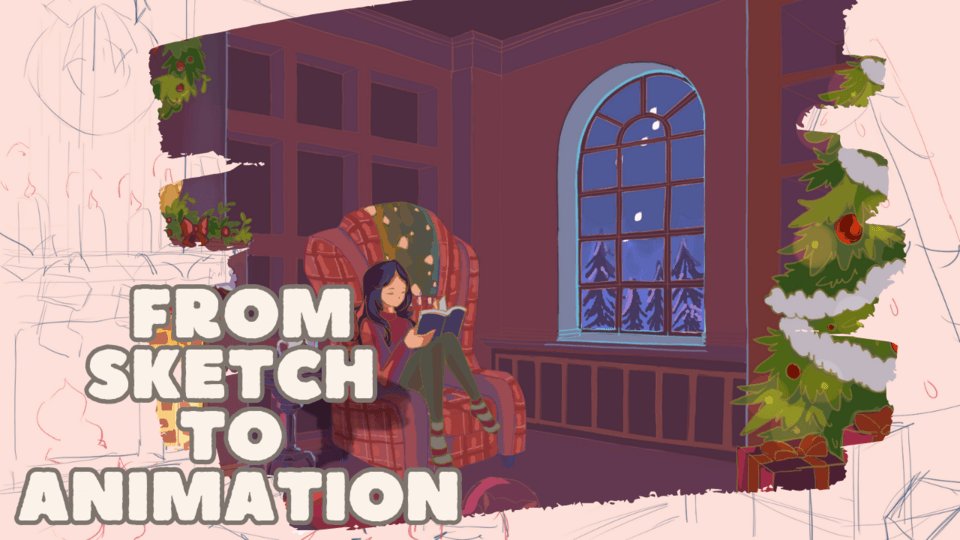
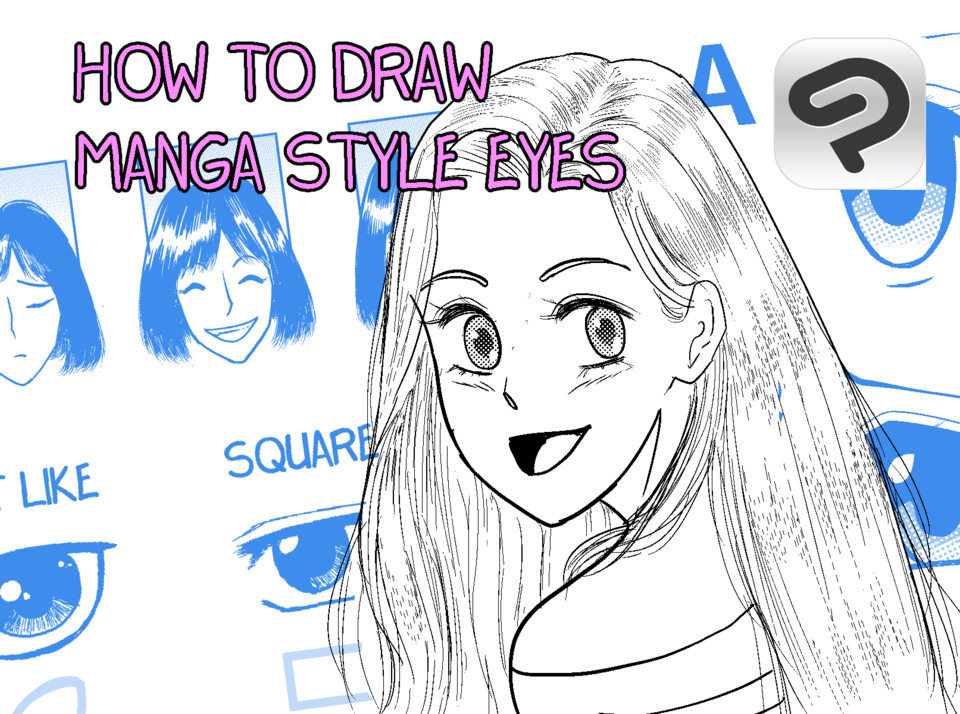
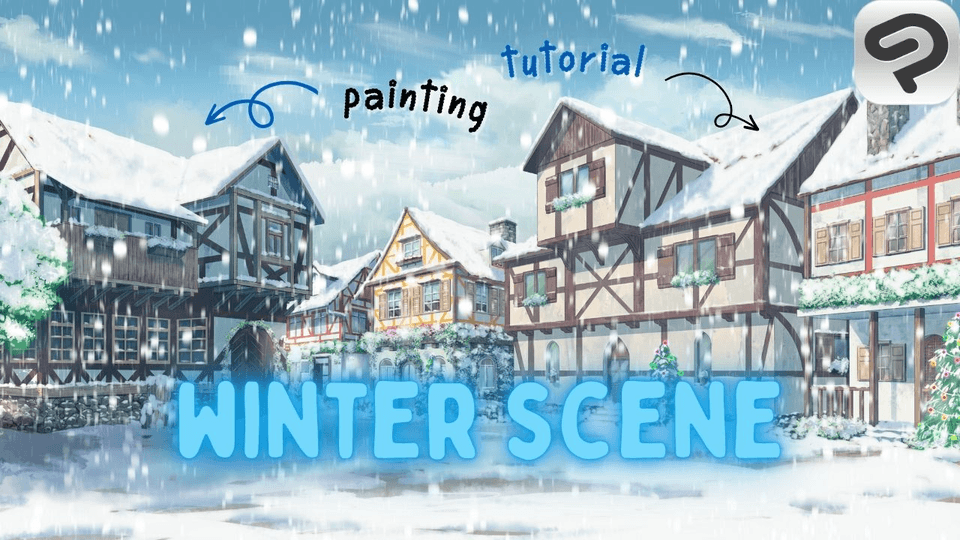
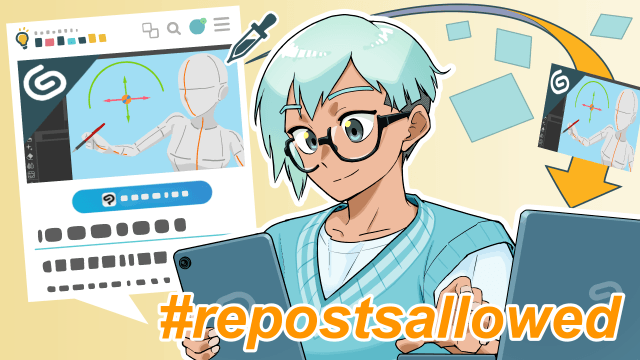


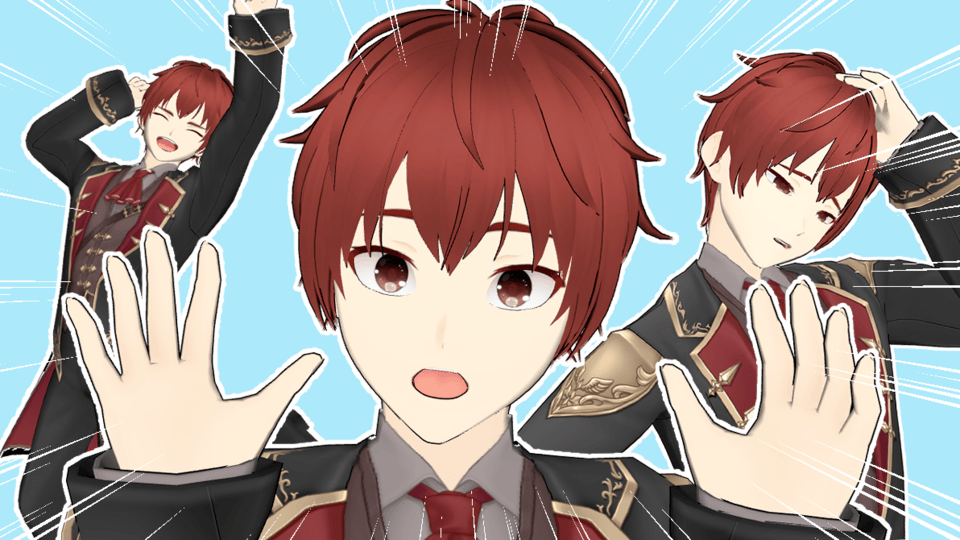
Comment